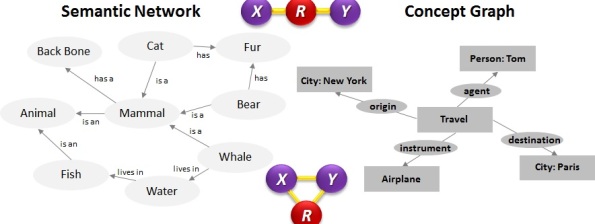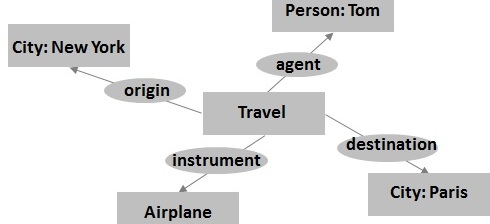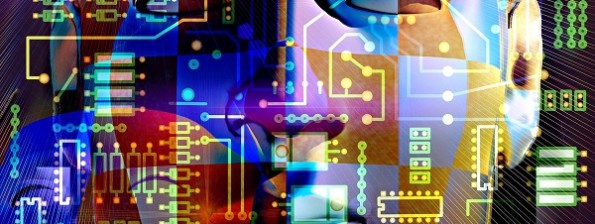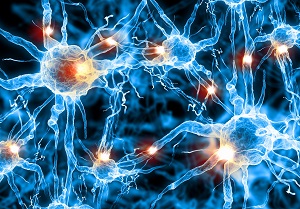27 Oct The Nature of Innovative Thinking

Mental Exploration The shape of the world changed radically when folks from the eastern and western hemispheres became aware of one another and of their respective geographies. The Age of Exploration (AKA the Age of Discovery) was amazing – or should I say “it is amazing”? While the focus has changed from continents and cultures, to galaxies […]
21 Oct Fuzzy Interconnectedness

Fuzzy and Interconnected Techniques Section 5 suggests that the software of cognition is very fuzzy and able to operate efficiently even without having complete or totally accurate information. We said that we want to replicate that flexibility. We spoke in Section 7 about different fuzzy approaches for representing and processing information. These approaches include artificial […]
18 Oct Coefficient of Bureaucratic Drag

Moving into a Knowledge Economy It has been suggested that in the current era, all major companies are “knowledge” companies. Whether or not this is true for all companies, many corporate leaders and workers understand that knowledge is power. Today, the best thing most companies can do with technologies is to empower knowledge workers with more information, and […]
17 Oct Neural Conceptual Dependency

Conceptual Dependency Much of this blog has been about knowledge representation: how the brain might learn and process it, how cognitive functions treat knowledge, and now, how computers may store and process it. Conceptual structures and conceptual dependency theories for computation have been useful for categorizing and representing knowledge in intuitively simple and cognitively consistent […]
14 Oct Knowledge in Non-Neural Models

Non-Neural Models So far we have examined a number of models that are explicitly designed to be neuromorphic. This categorization is useful for two reasons: the apparent chaos or non-deterministic functioning of the brain is represented by these models; and neural networks explicitly use large numbers of distributed processors or neurodes that each contribute to […]
08 Sep Gnostic Learning Model

In prior posts in this section, and periodically in other sections of my blog, I have been exploring how humans learn, and how we might replicate those processes in computer software or (less likely) hardware. The context of the learning, or knowledge acquisition, upon which I choose to focus is language learning. While knowledge acquisition is much broader, this is an […]
28 Aug Weight Control for Knowledge

Stochastic Models Data, information and knowledge may be stored in many different ways in computers. Most artificial neural models rely heavily on stochastic or probabilistic techniques for establishing the internal structure that represents the data. The generalized delta rule for adaptation is an example of this sort of technique. The generalized delta rule, developed by D.E. […]
25 Aug Determinacy in Neural Connections

For many years, researchers thought that it was wrong to assume that there was a cell or set of cells in the brain that stored the memory of Grandma’s face. Though the comparison with computer memory was appealing, it was thought to be too simplistic and incorrect. Now, more researchers in different academic disciplines are assuming […]






